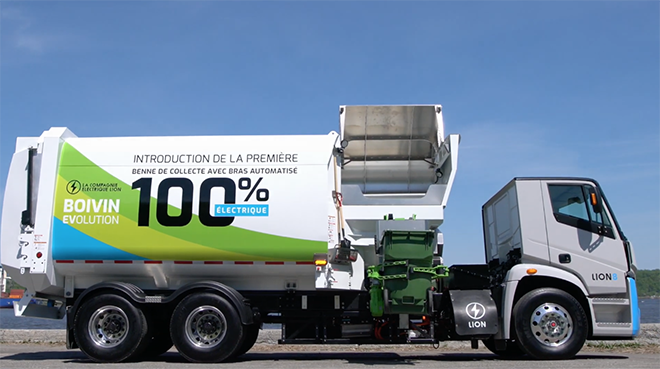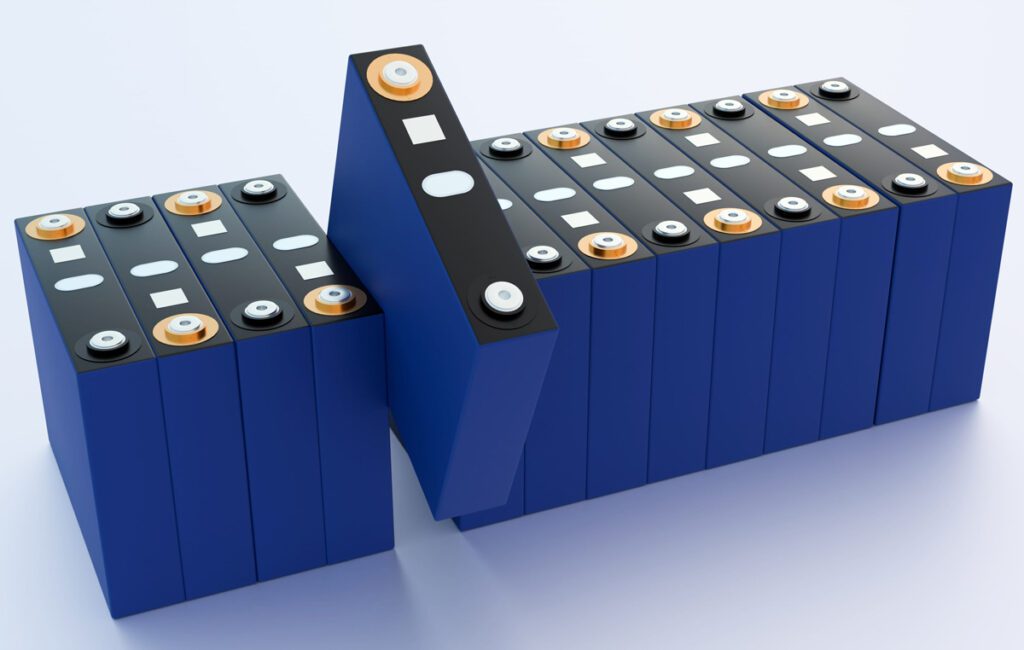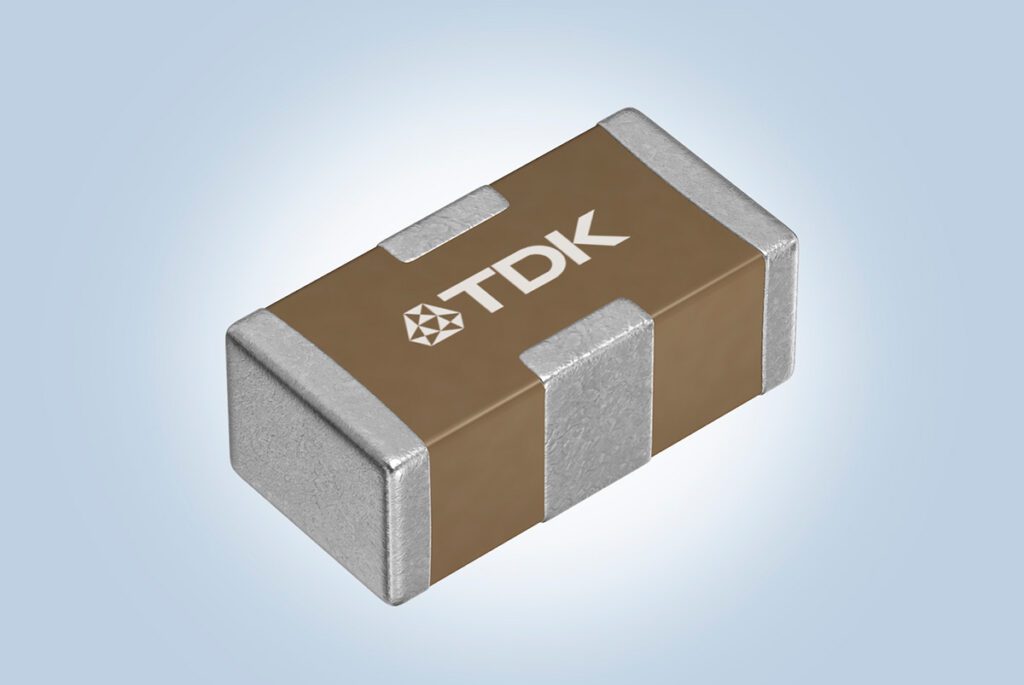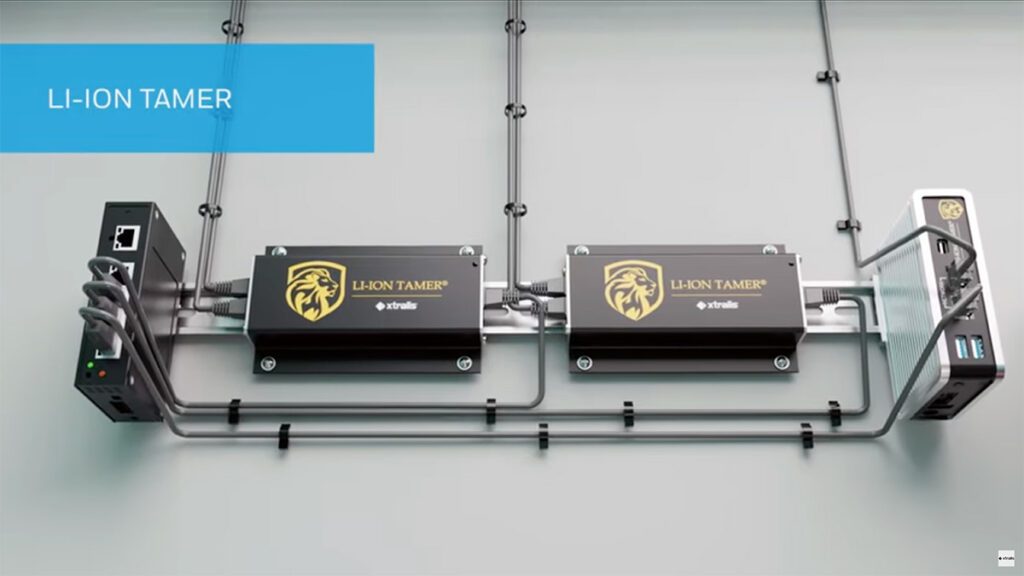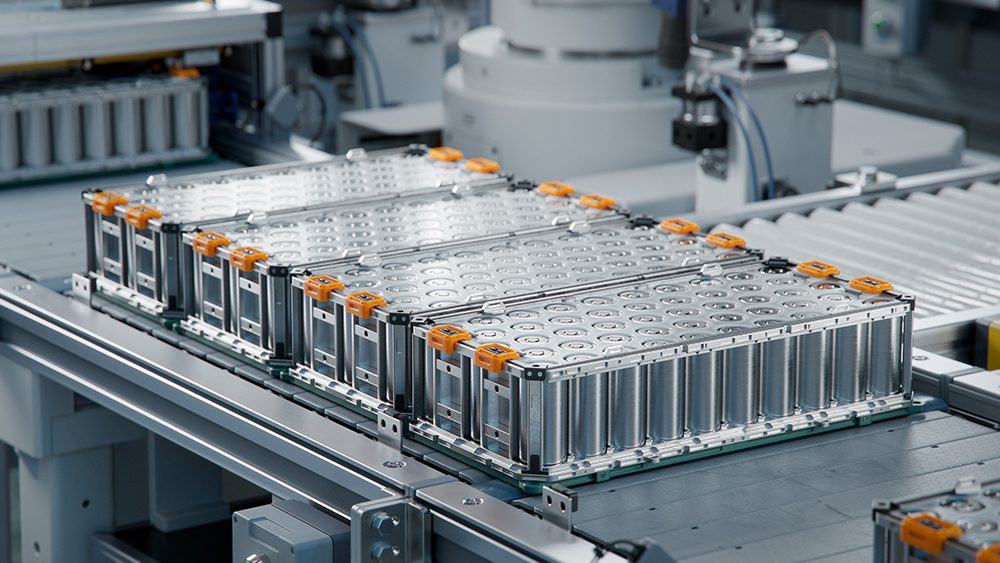What could be more logical than running electric refuse trucks on power generated by a waste-to-energy plant? That’s just what Portland, Maine-based waste collection company Ecomaine plans to do, as Haley Rischar writes in Waste Today.
Ecomaine opened a waste-to-energy plant in 1989, but a decrease in the value of the energy produced caused the company’s revenue to dwindle. As Waste Today reports, Ecomaine decided to replace its two diesel trucks, which transport waste material from the plant to a landfill, with electric trucks powered by its operations.
A combined grant from the EPA’s Diesel Emissions Reduction Act program and the Maine Department of Environmental Protection (DEP) covered 57.5 percent of Ecomaine’s capital investment. “The vehicles are [almost] two to three times more expensive than a traditional combustion engine vehicle,” says Ecomaine CEO Kevin Roche. “So, when we got the funding that would basically neutralize that investment for us, we went out to the market to find out who was offering these trucks.”
In March, Ecomaine bought two trucks from Canada-based Lion Electric, for delivery in January 2021. “The prototype [truck] they had was kind of off-the-shelf, so we needed some changes,” says Roche. “This is a heavy-duty application, so we needed the capacity to be there. Lion was very willing to work to make those changes for us and make sure that this was the solution that we needed.”
Lion Electric’s Class 8 truck consists of a Lion8 chassis and an electric side-loading hopper made by Boivin Evolution (BEV). It claims a range of up to 249 miles, and is compatible with Level 2 and Level 3 charging stations.
“Ecomaine has a situation that is actually pretty fantastic in that they have a waste-to-energy facility where they burn the waste in an environmentally friendly way and that creates steam, which powers a turbine that creates energy,” says Lion Sales Director Gary Lalonde. “For them, going electric was a really good solution—it’s almost 100 percent savings because they’re going to create their own energy.”
Electric trucks made more sense than compressed natural gas (CNG) trucks, Lalonde told Waste Today. “If you take a look at the total cost of CNG versus electric, the infrastructure that you require for electric can be used in other applications and is significantly less than having to set up a CNG refill on-site.”
Ecomaine expects the vehicles to save some 75 percent on fuel costs over six years, compared to diesel trucks. The company is also forecasting “savings of $50,000 to $60,000 over six years on maintenance costs,” according to Shawn Rybski, Landfill Supervisor for Ecomaine. “Traditional diesel engines have a lot of moving parts. When looking at an electric truck, those moving parts are cut by more than half.”
Lion will train Ecomaine’s drivers on the new vehicles. So far, the response has been positive. “People have been able to come to our facility and go on a private track where they can actually drive the vehicle,” says Lalonde. “Everybody loves it—they’re all surprised at how much power it has straight out the gate.”
Source: Waste Today, Boivin Evolution







